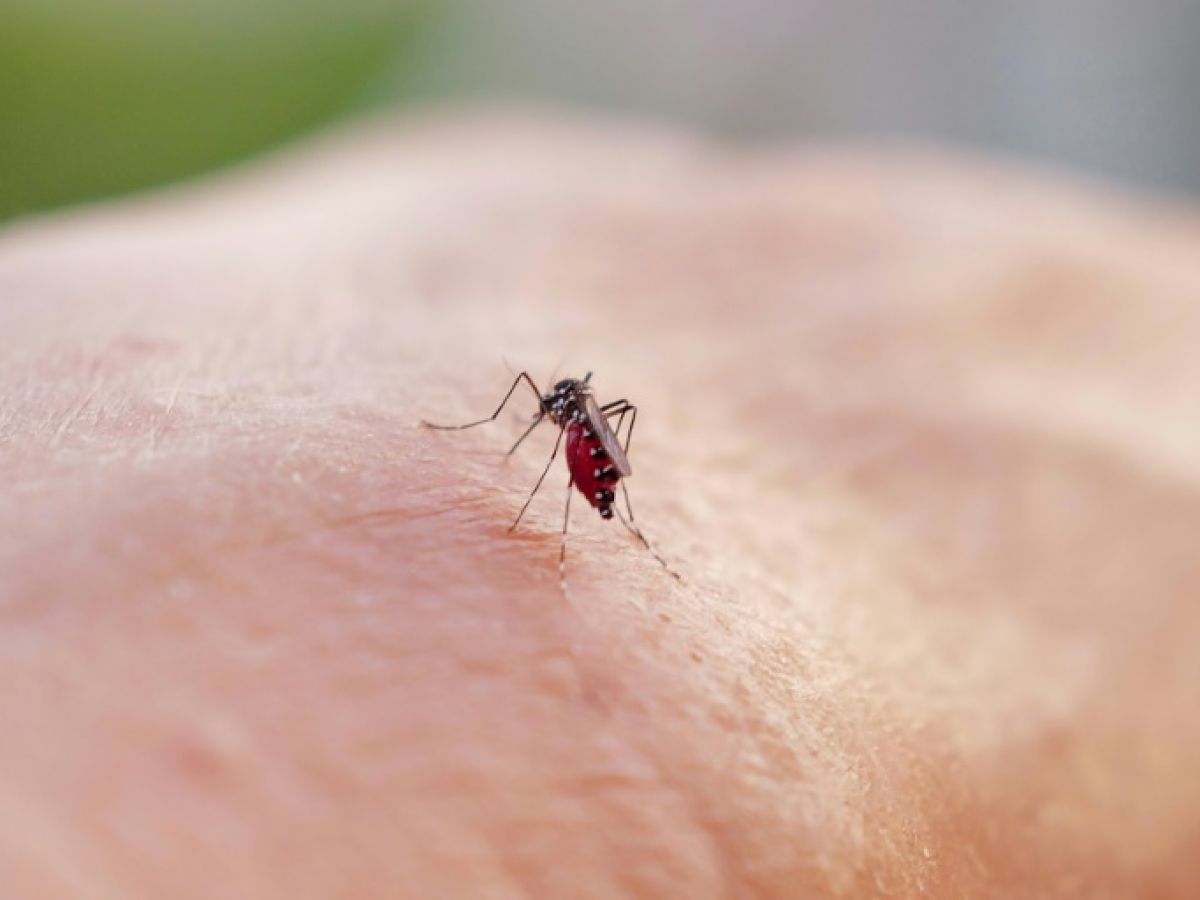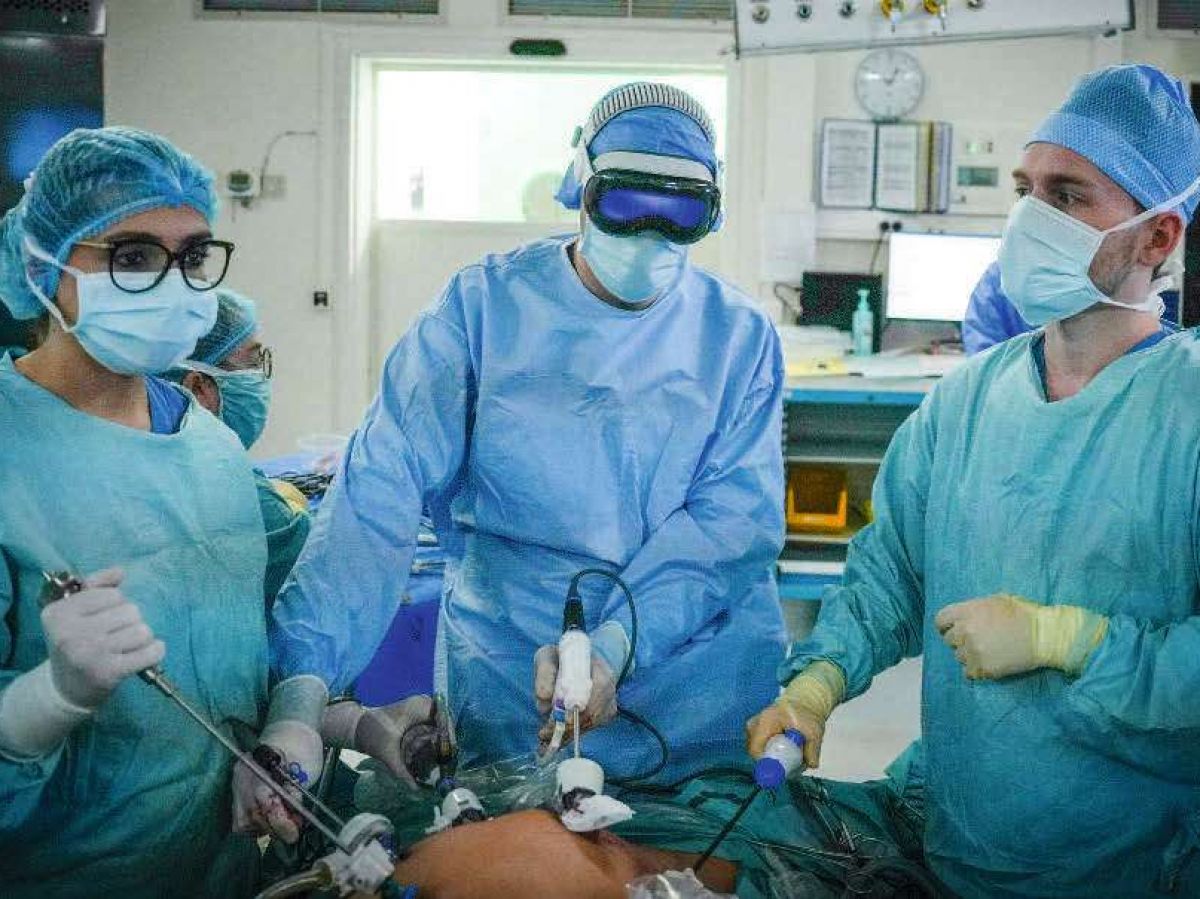"It was definitely the chikungunya 'alpha mosquito' that bit me: a simple mosquito couldn't have brought down a 94 kg guy like me," says Fredo Delmotte, 56, a PE teacher at a middle school in La Possession, in the west of Réunion.
On the Indian Ocean island, the epidemic continues to wreak havoc. Between March 24 and 30, 6,289 cases were confirmed, according to the latest bulletin from Public Health France, bringing the total number of cases to 27,521.
Fever, joint pain, headaches, skin rashes: the symptoms are varied, often sudden.
"The first signs appeared on Wednesday," Fredo Delmotte, also the sports director of a swimming club, told AFP. The illness peaked the next day. "The fever rose to 39.7. Every movement triggered pain. Walking was a real problem," he said.
Many patients describe a sudden onset.
"I woke up on Sunday with intense pain in my wrist, as if it were broken," says Valérie Sicre, 49, a community manager in Sainte-Suzanne (east).
Fever and joint pain appeared shortly after. Then came headaches and intense fatigue. "I fell to the ground, and my partner had to help me up," she recalls.
The fever was quickly replaced by a "rash that went from my ears to my toes. It burned," Valérie Sicre explains.

Faced with these symptoms, Fredo Delmotte quickly consulted. "She didn't examine me. She told me, 'It's chikungunya, take paracetamol,'" says the colossus, who was given an eight-day sick leave. "I only took two days off so as not to penalize my colleagues," he continues.
Reactions to the virus vary from patient to patient. Fredo Delmotte says he started feeling better on Friday, two days after the first symptoms. "But I'm still short of breath. I also feel like I have to relearn how to walk," he says.
– 41.2°C fever –
Valérie Sicre, for her part, is "barely recovering from the effects of the virus" eight days after the onset of the illness.
According to data from Public Health France, the most affected age groups are 45-59 years old, followed by 60-75 years old and 30-44 years old.
But children can also be infected.
"On Friday evening, Aline, my 10-year-old daughter, had a fever of 41.2°C and a rash all over her body, with severe itching," says Sandra, a resident of Le Port (west) who only wishes to give her first name.
The mother is all the more surprised because Aline "had chikungunya 15 days ago, I thought she was cured."
The doctor suggested a relapse. "He told me you can't consider yourself cured for three weeks," continues the mother of the preteen, who was back in shape by Sunday afternoon. This Monday, the young girl was able to return to class.
A resident of Saint-Denis de La Réunion, the island's capital, describes a similar pattern.

"I started to get really sick on Tuesday evening, I was much better on Friday and since yesterday (Sunday, editor's note), I've had a relapse, with an itchy rash, joint pain and intense fatigue," explains the woman, who wishes to remain anonymous.
A self-employed worker, she confides: "I gave myself two days off last week, but today I have to go."
Others continued to work despite their symptoms. A press photographer, who wished to remain anonymous, covered a visit by Overseas Minister Manuel Valls on April 5 and 6 while ill.
"At first, I thought it was an allergy, then I thought it was muscle aches. I had trouble holding my camera because of the pain, but not enough to stop," he says.
Launching the chikungunya vaccination campaign during his visit, Manuel Valls estimated that "between 50,000, 60,000, 70,000 people" could have been infected, not all of whom had reported their contamination.
None of the people interviewed had taken a serological test to detect the virus: their doctor had not prescribed one for them.
Despite these figures, the health situation is less worrying than in 2005-2006, the last epidemic to date, which caused more than 200 deaths. Only two deaths due to the disease have been recorded.

